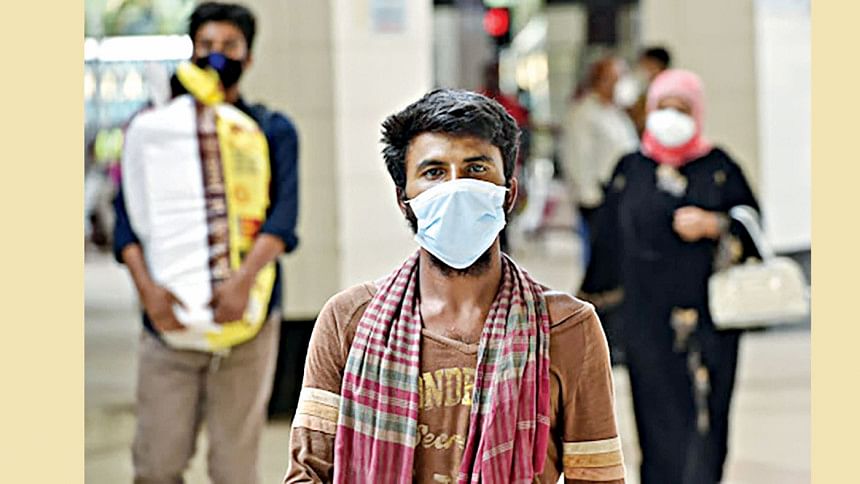Non-hospitalised COVID-19 patients have low-risk of serious long-term effects

A new study published in The Lancet Infectious Diseases journal has found that the risk of delayed acute complications after non-hospitalised SARS-CoV-2 infection is low, but persistent symptoms in this group could lead to increased visits to general practitioners or outpatient clinics in the six months following infection. The study assessed only those complications that led to contact with hospitals.
Results found SARS-CoV-2 positive individuals were at a slightly increased risk of initiating medications to help improve breathing and alleviate migraines, and had a slightly increased risk of receiving a first diagnosis for breathing problems and blood clots in the veins.
The research also analysed the use of health services in the follow-up period and found that those with a positive SARS-CoV-2 test visited their general practitioners around 20% (1.2 times) more often than those that tested negative, and visited outpatient clinics 10% (1.1 times) more often. However, there was no difference in the visits to emergency department or being hospitalised.
The researchers call for large population-based studies of patient-reported symptoms and healthcare visits to fully evaluate the duration and range of any persisting symptoms after SARS-CoV-2 infection.

 For all latest news, follow The Daily Star's Google News channel.
For all latest news, follow The Daily Star's Google News channel. 



Comments